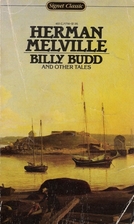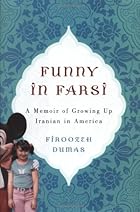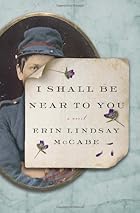 This meme is hosted by Breaking the Spine and is meant to highlight some great pre-publication books we all can't wait to get our grubby little mitts on.
This meme is hosted by Breaking the Spine and is meant to highlight some great pre-publication books we all can't wait to get our grubby little mitts on.  My Wish List by Gregoire Delacourt. The book is being released by Penguin on March 25, 2014.
My Wish List by Gregoire Delacourt. The book is being released by Penguin on March 25, 2014.Amazon says this about the book: The #1 bestselling international phenomenon that asks, If you won the lottery, would you trade your life for the life of your dreams?
Jocelyne lives in a small town in France where she runs a fabric shop, has been married to the same man for twenty-one years, and has raised two children. She is beginning to wonder what happened to all those dreams she had when she was seventeen. Could her life have been different?
Then she wins the lottery—and suddenly finds the world at her fingertips. But she chooses not to tell anyone, not even her husband—not just yet. Without cashing the check, she begins to make a list of all the things she could do with the money. But does Jocelyne really want her life to change?


 This week's mailbox arrivals:
This week's mailbox arrivals:






.jpg)



























